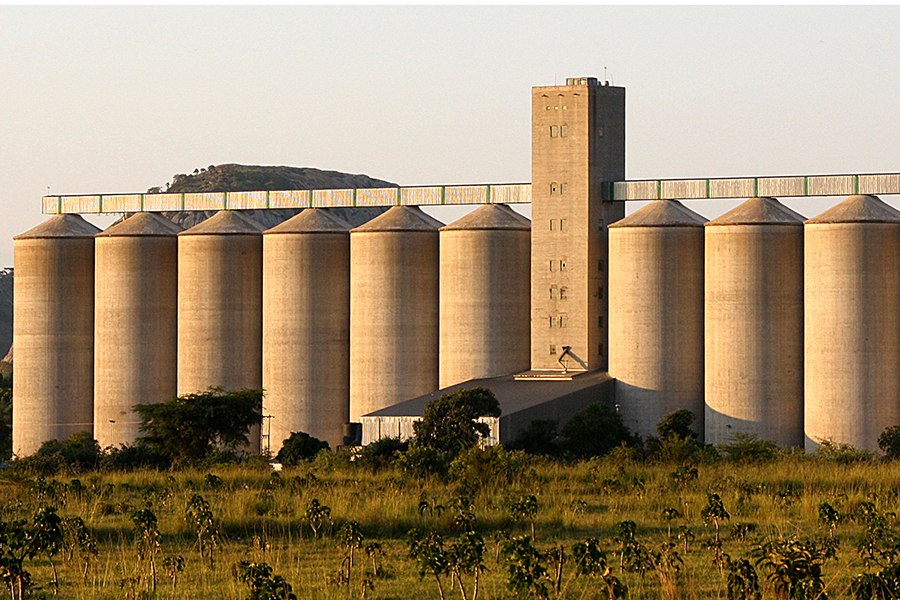by Staff Reporter
The crop assessment which was done by the Ministry of Lands, Agriculture, Fisheries, Water and Rural Resettlement has revealed that this year’s maize harvest has the potential to reach 2.8 metric tonnes surpassing the national requirement of 1.8 metric tonnes.
The Ministry embarked on a crop and livestock verification exercise from 6 to 16 April in preparation for the release of final crop and livestock assessment report, which is expected to be conducted from 25 April.
Situation on the ground, according to the assessment, shows that the country is food secure and can reach the 2.8 metric tonnes mark. Mashonaland West Province is said to be leading and is expected to produce about 800 000 metric tonnes of maize on its own.
According to the crop assessment officials, the disappearance of rainfall in early March slightly affected some crops which were planted in late December and January. However, they said the late crop rarely contribute 10 percent to the national production, which is not much to worry about.
The officials said effective planting dates to achieve high yields are between October and early December, indicating that the late crop of maize planted in January is now a write off. The crop was affected by incessant rains, which caused leaching and later on the rains disappeared before the late crop had matured.
According to the assessment, farmers were suggesting that inputs should be availed around September to allow them time to make necessary preparations.
The assessment also indicated that traditional grains actually performed well in dry regions like Muzarabani, Mudzi and Masvingo among others, an indication that these dry areas should concentrate on the traditional grains as maize didn’t do well in those regions.
The issue of corruption in the Command Agriculture was also raised with investigations done revealing that some people without land and some with as small as five hectares were given inputs for over 100 ha because they were said to be connected to some corrupt CBZ officials whom they bribed. The bank officials reportedly cancelled some debts after receiving the bribes.
According to the assessment, some challenges noted in communal areas included lack of crop rotation, poor soil PH, wrong crop varieties and poor agronomy practices. Cattle deaths due to tick borne diseases were reported in all the country’s provinces as farmers failed to raise money to dip their cattle.




